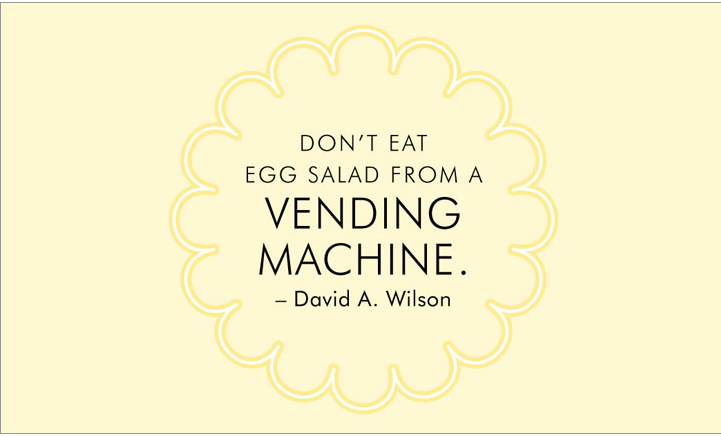Workplace Wellness Lab delivers leading insights, ideas and information on wellness, health management, and healthy living.
Our goal is simple: Workplace Wellness Lab provides regular and better information as an important path to create healthy individual outcomes, while helping change health care in America.
By connecting the audiences that matter – consultants, corporate executives, policymakers, thought leaders, journalists, customers, and more – we establish a positive, substantive, and influential voice within the wellness industry that makes the case that:
-
- Left unchecked, current trends in health spend and outcomes are unsustainable.
- Given that half the healthcare dollars in this country are incurred by employers, well-executed preventive care health management programs in the worksite are clearly enduring and valuable, helping drive improved workplace environments and individual outcomes.
- Industry coherence around private sector innovation to drive effective health management programs is economically vital, given what’s possible in a spend category that is arguably one of the greatest challenges in America today.
Workplace Wellness Lab comes at this challenge principally from the employer point of view: What are the credible and demonstrated best practices in preventive care to structure programs that have an enduring impact? How can the impact be made explicit, as something that is both the right thing to do and a proactive business initiative that lowers the cost of care, as experienced by both employers and employees?
And Workplace Wellness Lab goes beyond the workplace. It’s a robust platform filled with ideas and insights from those that influence how employers think about this opportunity: research organizations, non-profits, think tanks and more.
From an editorial point of view, great ideas can come from anywhere. With that philosophy in mind, we will combine our own original content with other content across the web. We organize the content, with a view to making it as simple and useful as possible.
All content will be sourced. If we found it somewhere, we’ll tell you where we got — and how to get to that site yourself.
We also welcome your comments — criticisms, ideas, and, yes, we take compliments, too! Have a thought of what you’d like to see — or see something you think others should know — drop us a line.
Thanks for visiting – and please come back again!

